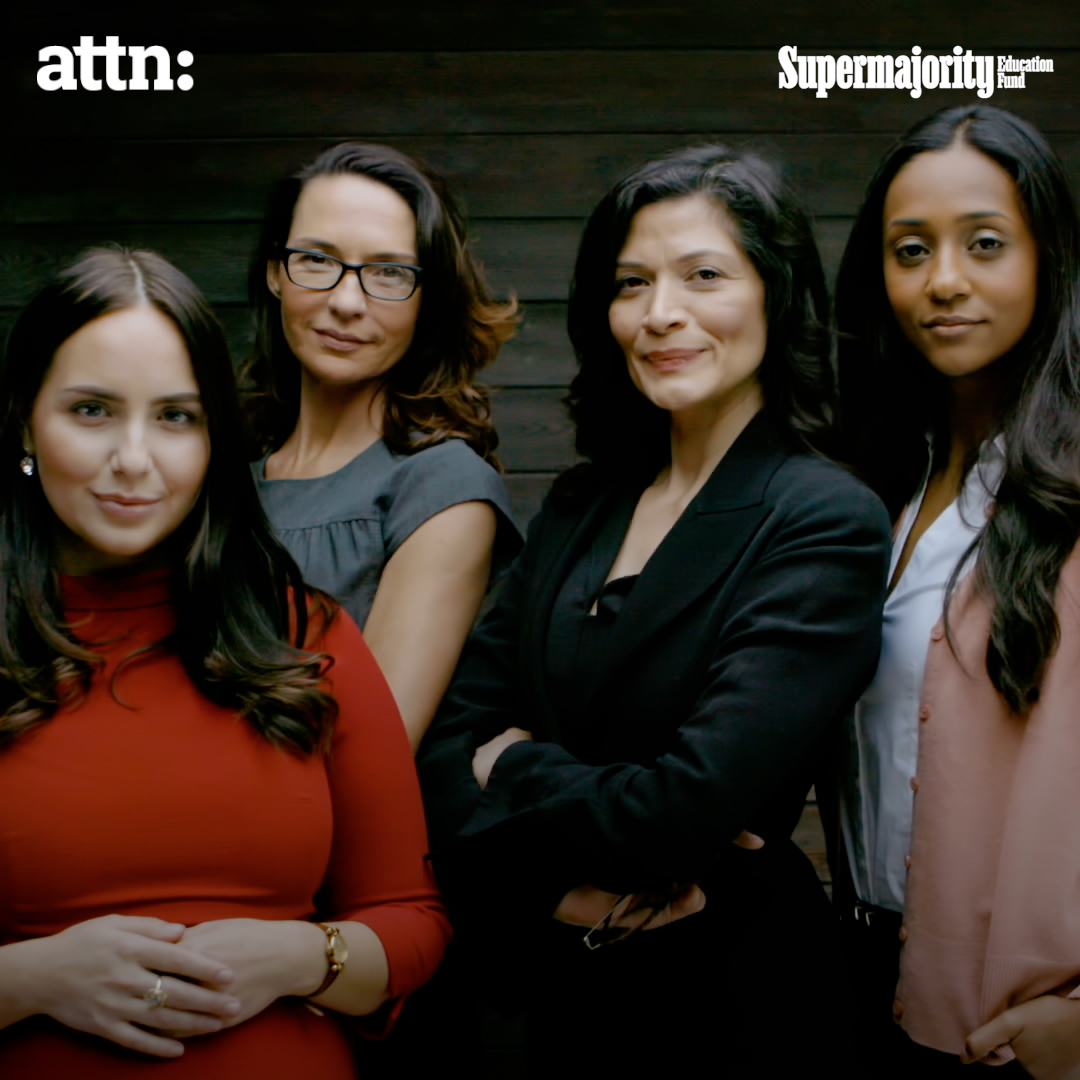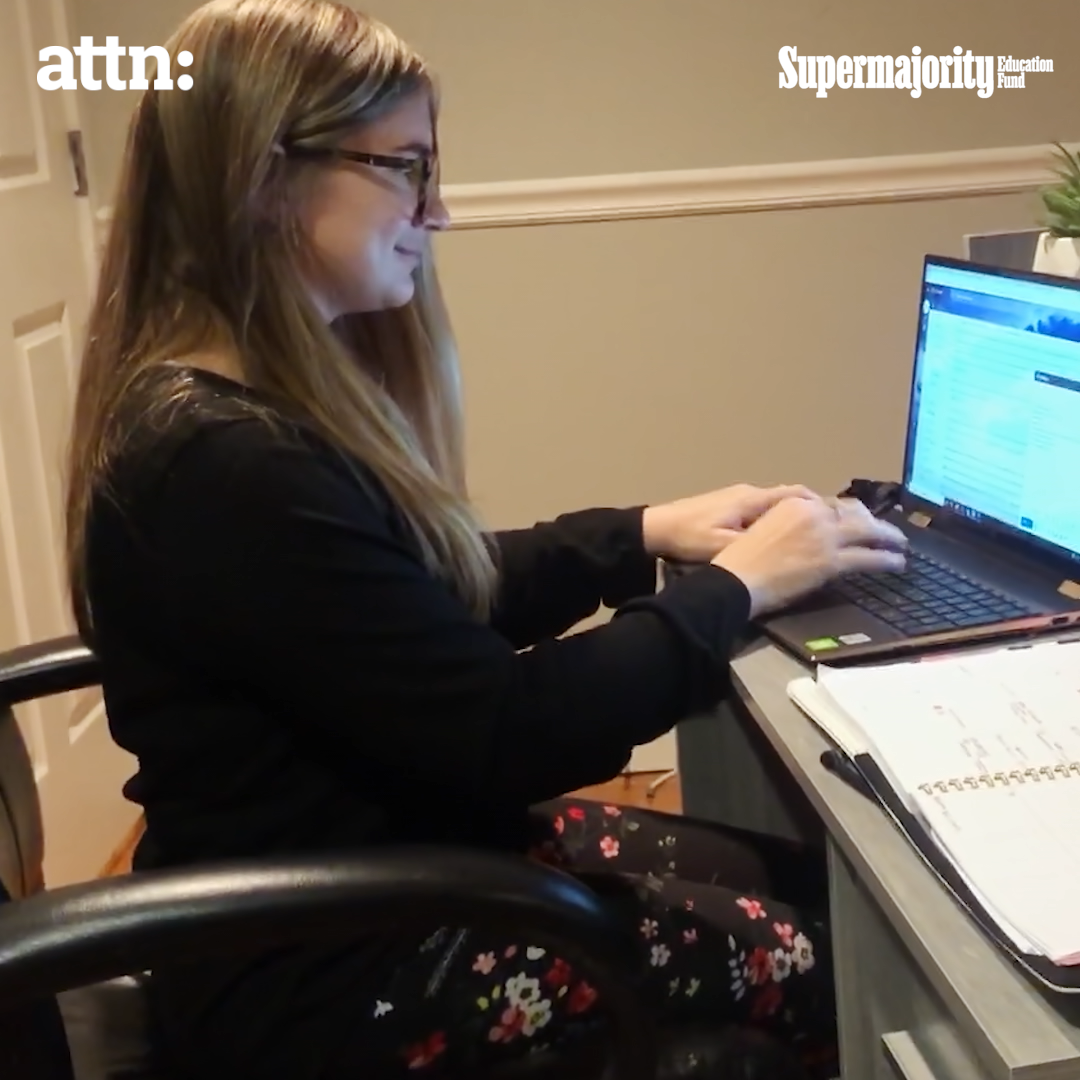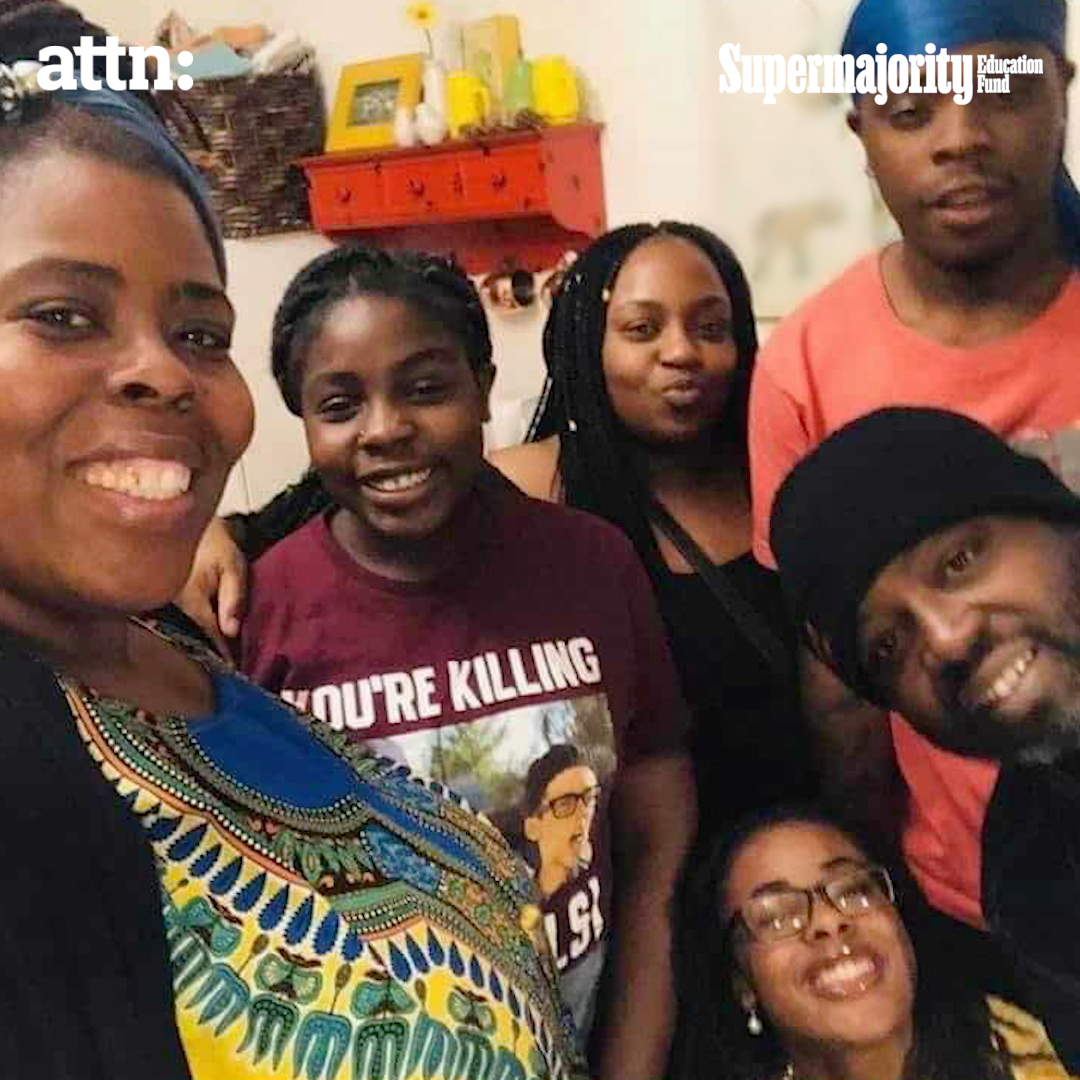


Apply Within: Toni’s Story
By Dr. Toni Saia
I am disabled. I am a woman. I am a disabled woman. To be clear, I am not disabled because I am a wheelchair user. I am disabled because the environment is not designed for people like me. Disability is a part of my identity, one worth choosing and celebrating. However, I was not born with an identity centered in disability culture or disability pride. In fact, it was quite the opposite; my disability experience was framed as something that needed to be fixed. Medical professionals made ableist comments such as “she will never amount to anything”, “she will never be like her siblings” and “she is a shell, pretty on the outside but nothing is going on inside.” Luckily for me, my parents did not buy into the lowered expectations that loom over the disability community.
I did everything my siblings did, if not more. Thinking back, I realize now that my parents manipulated environments so I could fully participate. I did not realize I was different until I entered kindergarten alone without my parents, and I soon recognized environments were not designed for kids like me. I could not take the same bus like everyone else; I did not walk the halls with my peers, and I was one of the few students to take the elevator. I remember distinctly coming home from school on the first day proclaiming “Mom, did you know I am handicapped? (Yes, I know now the term handicapped is problematic and has negative connotations. Back then, that was the type of language that surrounded my experience, and I was simply using a word I heard hours before).
That being said, this nudge towards my identity lit a spark in me, and I switched from being a kid to an advocate. I would advocate for kids on my bus saying that they should be treated with respect. I refused to sit behind the line in the schoolyard that was designated for kids like me. I wanted my peers and me to be able to play with all the kids. I did not have the language for this as a little girl, but I was removing barriers for kids like me.
I would carry this goal to remove barriers for people like me moving forward. I went so far as to choose a career path based on this very goal. However, this would not be as easy as it seems given my experience as a disabled woman. No matter how hard society tries to ignore disability as a valid identity, my disability identity intersects with my experience as a woman and cannot be siloed, ignored, or devalued.
Disabled women face employment disparities. For example, only 34.6 percent of working-age disabled women are employed in the U.S. compared to 82.5 percent of working-age non-disabled women. This statistic highlights only some of the oppression and injustice faced by disabled women. This fact is horrifying yet not surprising because of how society devalues disabled women. We often face unequal pay with fewer promotional opportunities. The pandemic also highlighted the number of times disabled women were ignored or never listened to. For example, pre-pandemic, if I asked to work from home due to inclement weather or lack of access as a wheelchair user, the answer was almost always a hard “no”. But when all of society is forced to work from home due to a pandemic, it is met with an encouraging “yes”. I must admit, it hurts to see all the adjustments being made during this pandemic with no questions asked when disabled people have been advocating tirelessly for access for years. In the future, when our civil rights are denied we can respond with “remember during the pandemic when all those options were suddenly possible?” Change is always possible, and support for all is non-negotiable.
- Seek to hire disabled women which means you must market to that specific community.
- Promote disabled women to leadership roles.
- Adopt a flexible approach and working environment similar to the flexibility that we have seen in pandemic (i.e. opportunities to work from home, flexible hours).
- Educate yourself on disability rights and issues that impact the disability community.
- Respect the lived experience of disability-knowledge about disability and understanding of the lived experience are two different things.
- Recognize disability as an aspect of diversity when discussing diversity within your organization. If you are talking about diversity and leaving out disability, you’re doing it wrong.
- Understand intersectionality, the disability experience can intersect with other identities, cultures, and marginalized groups.
As I mentioned, these suggestions are starting points, not endpoints or checklists. There is no quick fix to closing the employment gap for disabled women. It requires action, commitment, and intention to recognize and value us as worthy employees. I look forward to a future where I can enter a space where my experience is valued from the beginning instead of having to prove my worth as a disabled woman. I look forward to a future where we hire, promote, include, and celebrate disabled women.
--
Dr. Toni Saia is a disability rights activist and professor.


